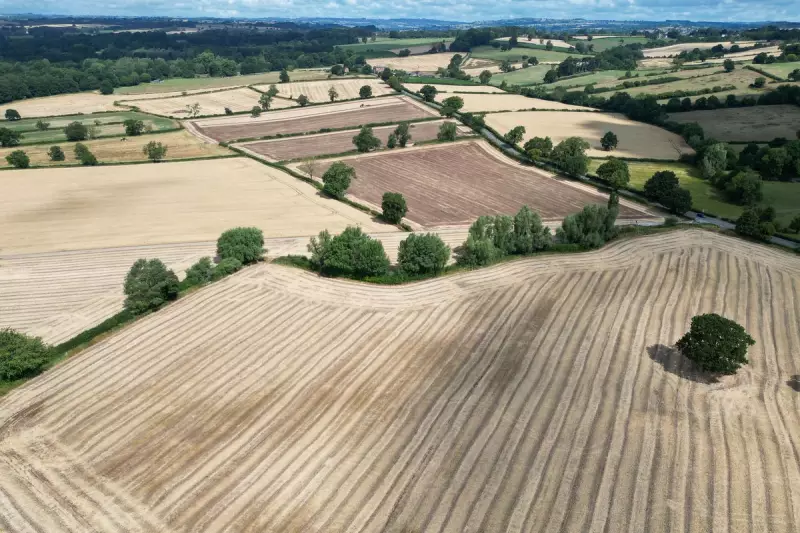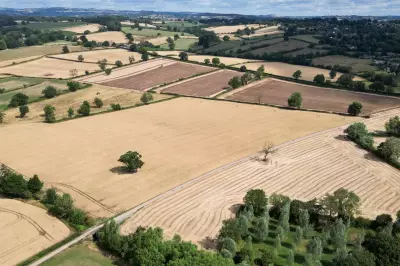
The Environment Agency has issued a stark warning that England faces a widespread drought next year unless the country experiences a significantly wet winter.
Current Drought Status and Historical Context
The situation is already critical, with an official drought declared in Yorkshire and the Midlands. Many other regions across the nation are grappling with what officials describe as exceptionally dry conditions.
The root of the problem lies in a severe lack of rainfall. From January to October, England has received just 83 per cent of its average rainfall. This was compounded by the driest spring in 132 years, followed by the hottest summer ever recorded. This combination has left the country's water reserves in a precarious state.
Forecasts and Potential Consequences
Prospects for recovery are not promising. The Met Office forecasts a higher than usual likelihood of dry conditions persisting from November through to January. This bleak outlook significantly exacerbates the risk of a severe water shortage by next spring.
The Environment Agency has outlined several scenarios for the coming months:
- Best case: Recovery with average rainfall.
- Worst case: A country-wide drought if winter delivers only 60% of average rainfall.
If the dry winter materialises, the public should brace for hosepipe bans and potential impacts on water supplies. The consequences would extend far beyond gardens, affecting:
- Crop yields and agricultural output.
- Wildlife and natural habitats.
- A significantly increased risk of wildfires across much of the country.
Calls to Action and Long-Term Measures
In response to the looming crisis, the Environment Agency is urging immediate action from all sectors of society. The public is encouraged to continue practising water efficiency in their daily lives. Water companies are under pressure to reduce leakage from their networks, and farmers are being asked to adapt their practices to the changing climate.
Alongside these short-term calls, the government has pointed to its investments in long-term water resilience measures, which are deemed crucial for securing the nation's water supply against future extreme weather events.





